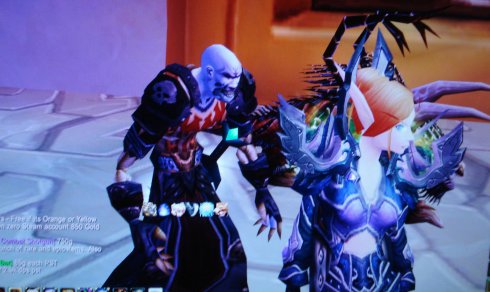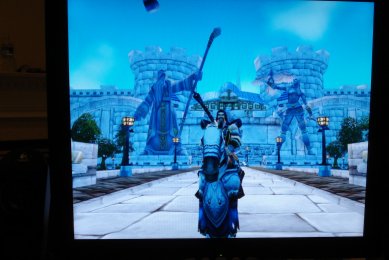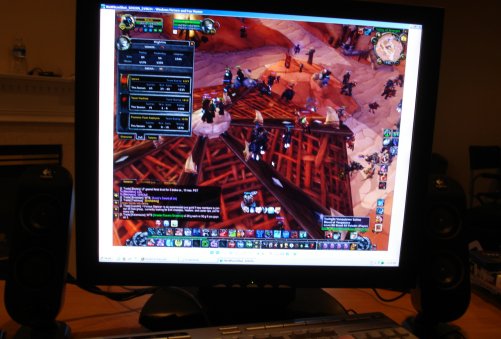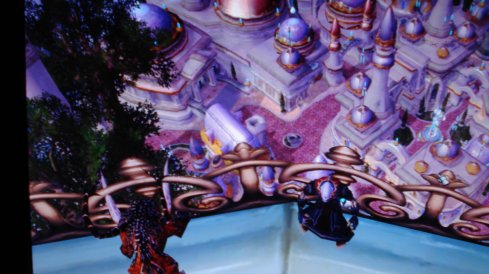Sometimes we don’t like the drivers of innovation, but we like the innovation. The science of probably and statistics was largely developed to serve gamblers. They were the ones who really cared about properly figuring the odds and they were the ones who provided real working laboratories where elegant theories could be tested in relation the vagaries of human nature. We can thank gamblers for our ability to assess risk and make better decisions about the complex interactions in our world. A good book on this subject is Against the Gods: the Remarkable Story of Risk.

If we needed gambling to stimulate us to understand our complex civilization, we can thank war for having civilization in the first place. The organizational structures our ancestors developed to provide protection and – truth be told – to dominate their neighbors were adapted to other tasks. Causality in human events is always complex, with causes creating effects that become causes in ways that make it impossible to separate. But throughout history you find a strong correlation between success at war and success in other endeavors of civilization. This implies that the skill sets are at least overlapping.

In our own times, we can point to a variety of technological advances produced as a result of conflicts. The Internet and the Interstate systems were begun to make our country more resilient in the face of massive attacks. The conflicts in Iraq and Afghanistan have forced innovations in emergency medicine, which are already saving lives in trauma centers around the world.
Even if more total lives are saved because of wartime innovations than were lost in the conflicts themselves, we should be able to produce similar advances absent the destruction, but we don’t seem able to do that. Maybe we humans need a threat to get off our asses, jettison some of the inertia of old comfortable habits and maybe sweep away the resistance of powerful individuals or interest groups benefiting from the old way of doing things.
The things that drive a lot of innovation in computer technologies are online games and pornography. These are the applications that demand more and more bandwidth and greater computing speeds. I don’t really need a very advanced computer for the simple word processing and accounting programs that I run and people like me really don’t push the innovators to imagine the better future. It is the gamers on the edge that do it.

My boys play “World of Warcraft” online. There are something like 12 million (and that number grows every day) players around the world forming an online community. Few of them stop to think about the significance of what they are doing. They have created a seamless communication network where participants dispersed throughout the world react in cooperation and in real time to actions conveyed by sophisticated moving images around the world at the speed of light. What can be done in the “World of Warcraft” today will be done in the worlds of medicine, manufacturing, finance and science. Today’s gamers (or their parents) are financing the innovation and, more importantly they are managing and testing them every day when they play their games. Some are already taking the skills and insights learned in virtual worlds and innovatively applying them to their real world jobs. The skills that helped them overcome the Lich King serve them well in the struggles with the competition.
BTW – I think one of the reasons we often do better than would be predicted by looking at our school systems is that much learning – and most innovation – is done outside classrooms and away from the formal teachers.
The games teach the pluses of planning, the dangers of lost control and the problems of managing staffs or teams. Take a look at this youtube video. You can google WTF and world of warcraft and south park if you want to see more.

Above is a World of Warcraft city.
Maybe the dweeb playing video games is preparing better for life the nerd doing the homework the teacher exactly as the teacher says.
